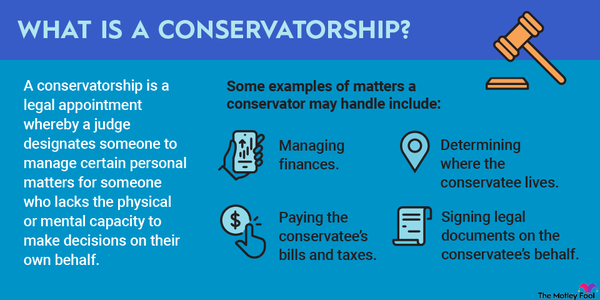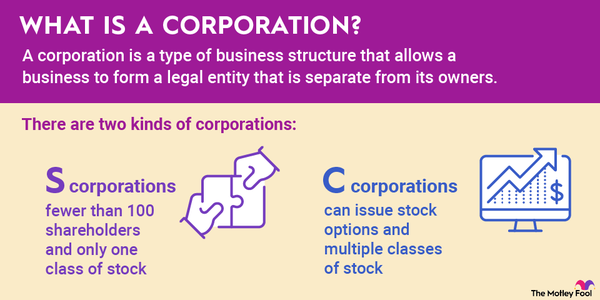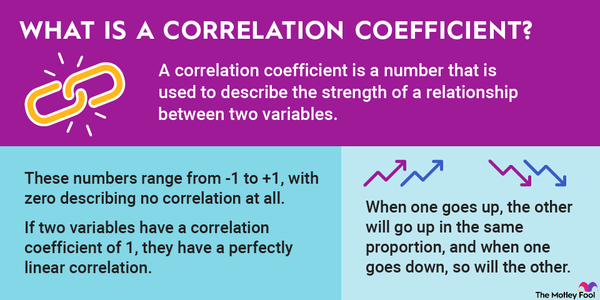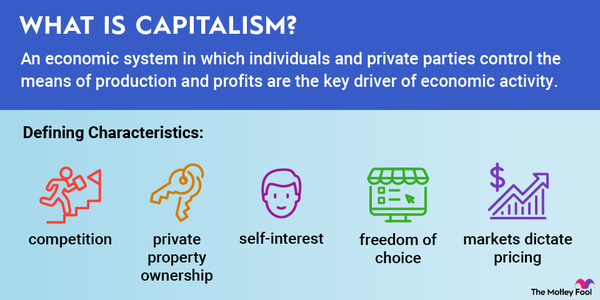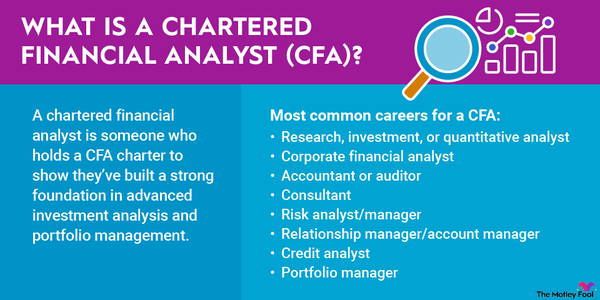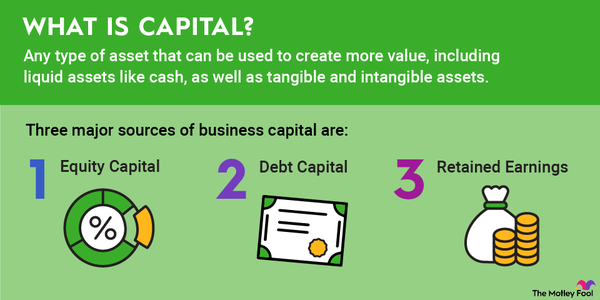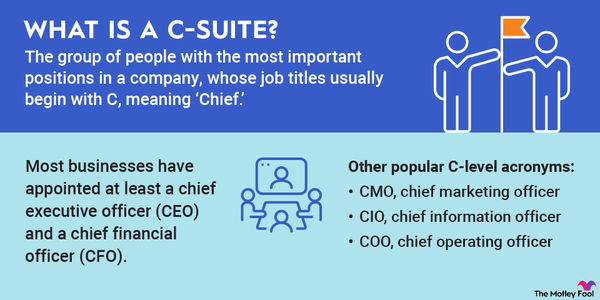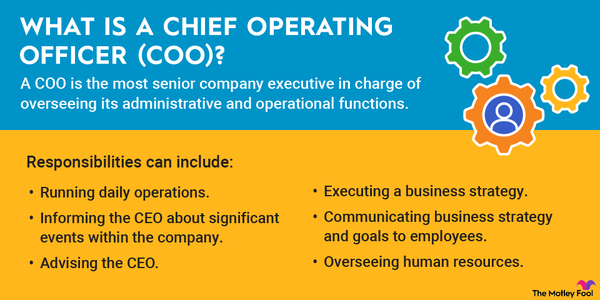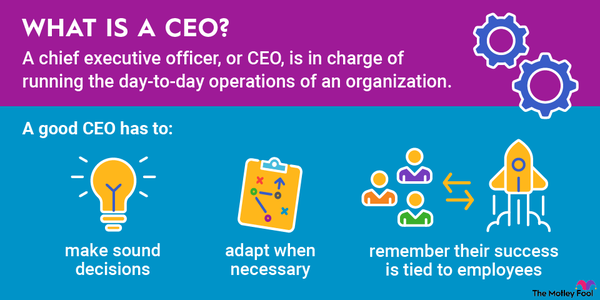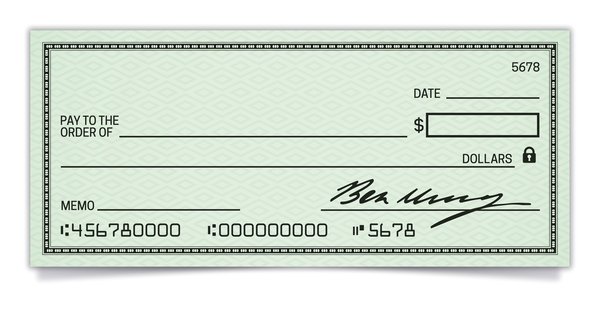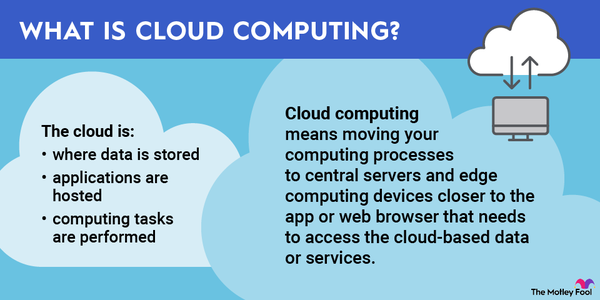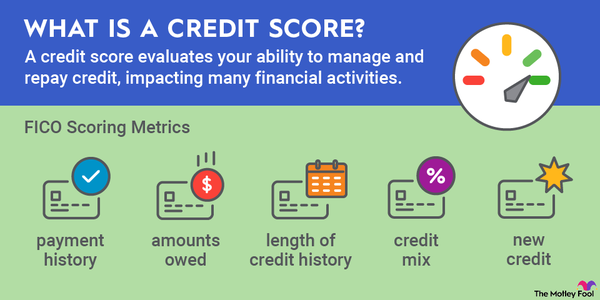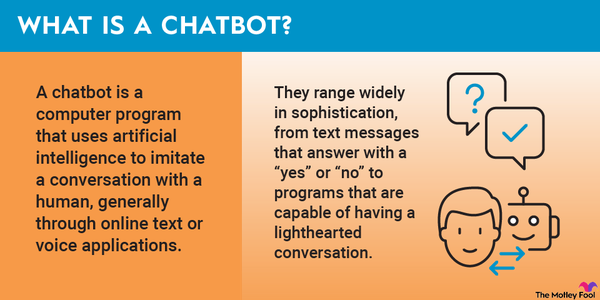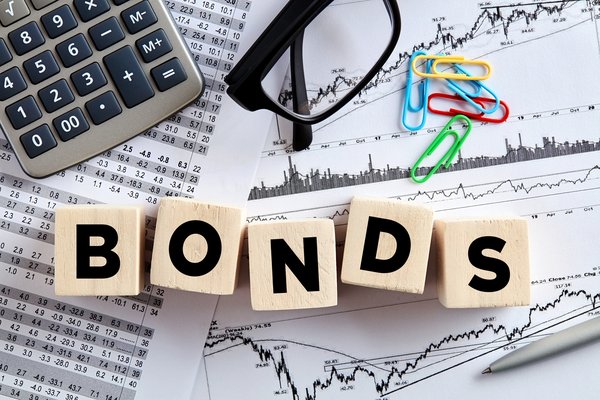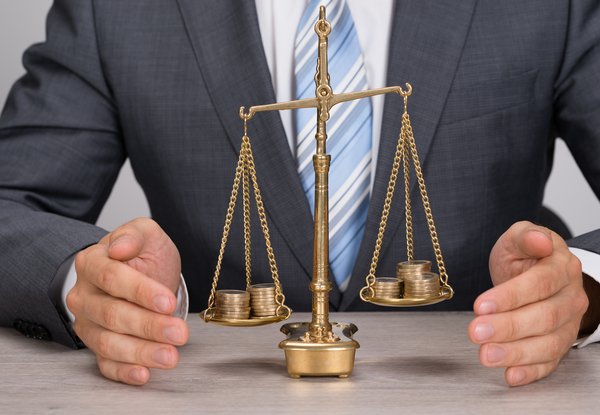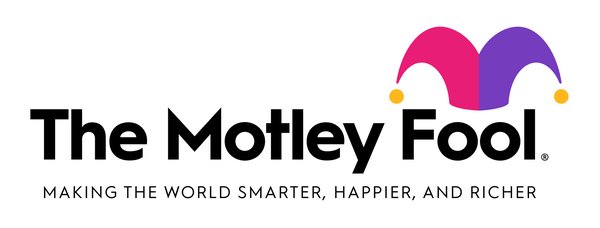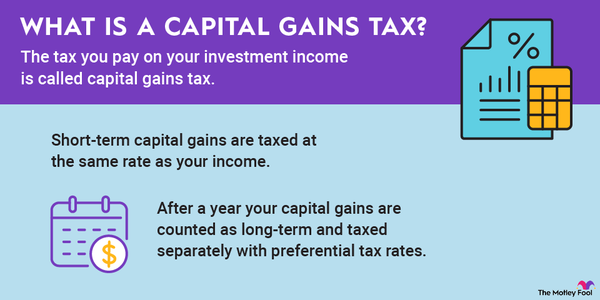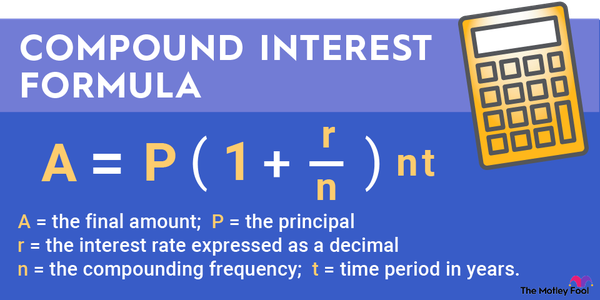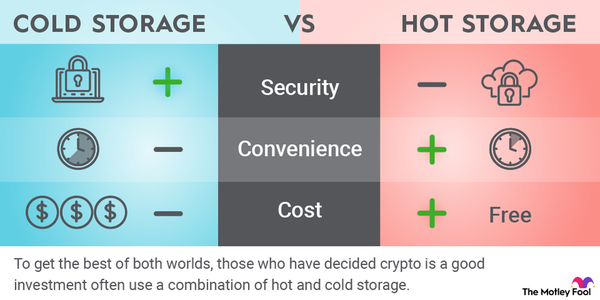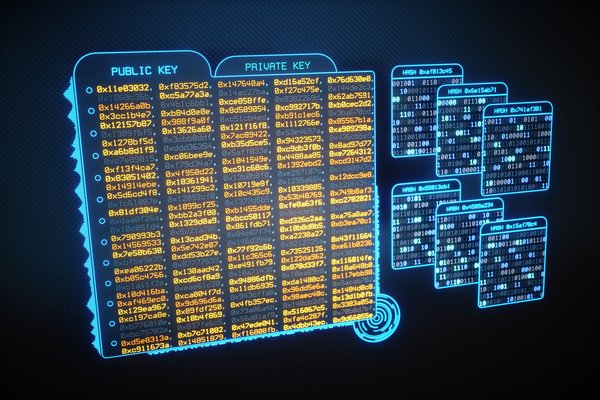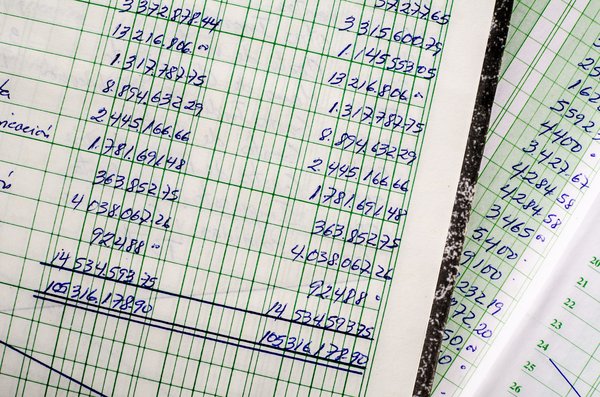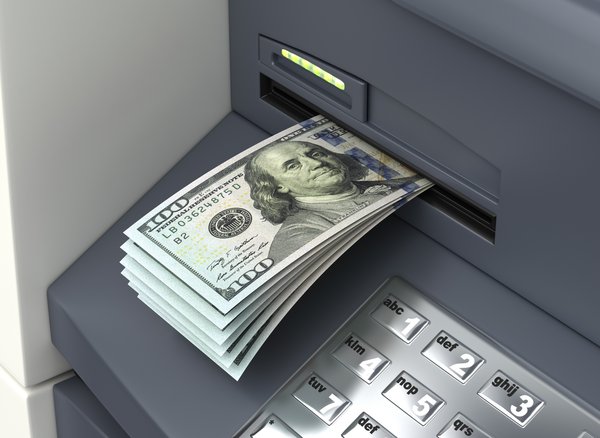If a person or organization has incentives or connections that create the potential for biased handling of a role or duty, there could be a conflict of interest that creates significant problems down the line. Identifying and responding to these dynamics can help individuals and institutions avoid potential legal, operational, and reputational issues.

Definition
What is a conflict of interest?
A conflict of interest is a situation in which a person or party has incentives that could prevent them from being able to fulfill their obligations in a non-biased fashion. Even if the person or party does not or would not do anything that is in breach of their duties, it's important to avoid situations in which there are conflicts of interest because these situations can still appear suspicious and create reputational issues.
Why they matter
Why are conflicts of interest significant?
Conflicts of interest can prevent businesses and other organizations from functioning as they should. In some cases, these dynamics can have criminal implications or open the door for substantial civil liability. They can also lead to reputational damage and loss of trust in individuals and organizations.
If a person or party has a conflict of interest, they should disclose it and remove themselves from the situation in most cases to prevent potential issues or the appearance of wrongdoing. In some instances, merely disclosing the potential conflict of interest may be sufficient. Disclosing potential conflicts of interest allows attention to be brought to the matter, and the proceedings and results of the situation can be monitored and analyzed with the dynamic in mind in order to ensure that things are done properly.
Having organizational training, monitoring, and compliance officers can help reduce the potential for negative outcomes related to conflicts of interest. These fail-safes can help individuals and organizations prevent and respond to situations in which competing incentives can lead to bias or impropriety.
Different types
What are the different kinds of conflicts of interest?
Within the broader category of conflicts of interest, there are different kinds of conflicting incentives that can arise.
- A financial conflict of interest occurs when the potential to receive money or assets causes a person or entity to breach their professional duties or be unable to prevent the appearance of bias.
- A personal conflict of interest occurs when relationships with other people cause a person to go against their obligations or appear to be unable to act in a non-biased fashion. Even though personal conflicts of interest can be non-financial in nature, favoring family or a friend can have significant negative outcomes for individuals and organizations.
- A conflict of roles occurs when the potential for abuse or actual abuse occurs due to an individual or party holding multiple different roles within the same organization or within a separate organization. For example, a person who is working two jobs at two competing companies would be in a conflict of roles if the person used knowledge gained from Company A to benefit Company B.
- An ideological conflict of interest occurs when an individual's personal beliefs cause them to act in a way that breaches their professional duties or other obligations.
- An institutional conflict of interest occurs when a business or organization or individuals within these bodies have financial incentives that conflict with the fundamental missions of the institution or duties to stakeholders.
Related investing topics
Example
An example of a conflict of interest
Suzy works as a family court judge in a small town in Minnesota. Her brother is in the process of getting divorced from his wife. Upon seeing that she was scheduled to preside over their divorce and child custody issues, Suzy recused herself from the case and had another judge step in to prevent the potential for a conflict of interest or the appearance of bias that could reduce trust in the fairness of the proceedings.
